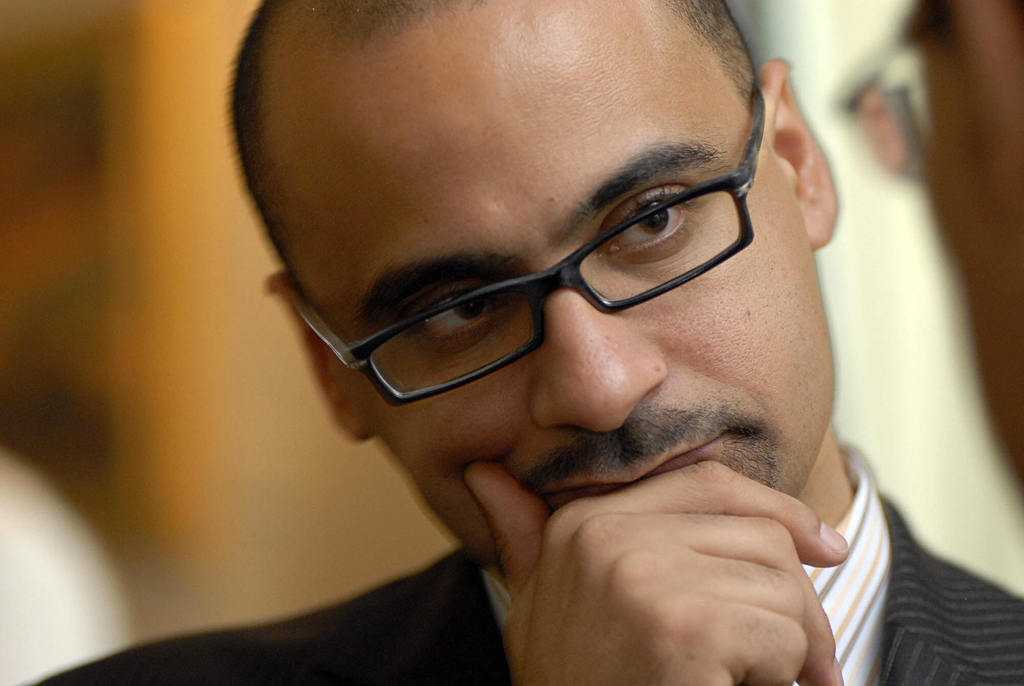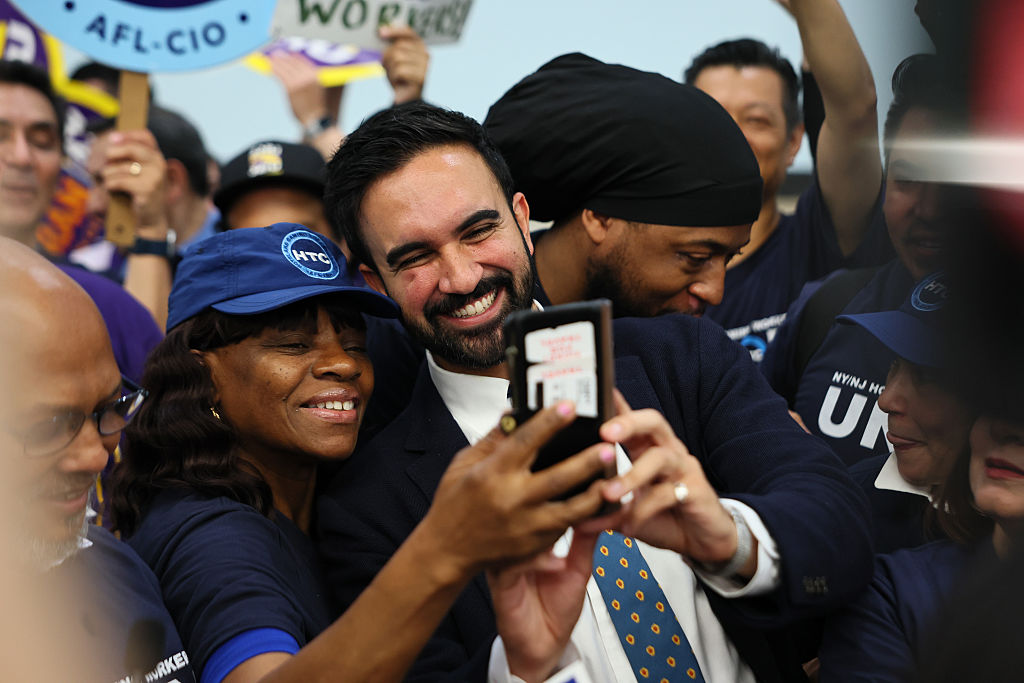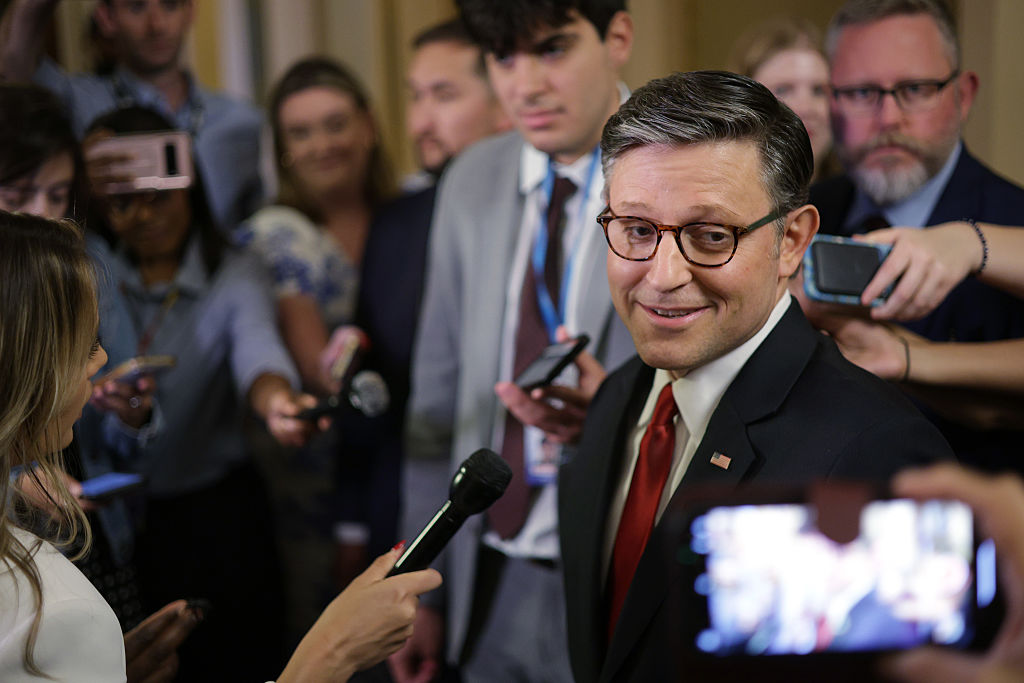Male writers of colour rejoiced this week when the editors of the Boston Review established new guidelines for what is and isn’t acceptable professional behaviour in the age of #Me Too. For several months, it had looked as though all American males might be forced to conform to an unbearably strict code of behaviour towards women—no forcible kissing, no screaming in women’s faces, and no exploitation of professional status for sexual perks. Would the republic of letters, already reeling from the death of top misogynist Philip Roth, ever be the same?
Very much so, under the right conditions. The Dominican-American novelist and MIT professor Junot Diaz—a Philip Roth for the age of identity politics—has been accused of a pattern of aggressively misogynistic conduct by a chorus of young female writers, many of them Latinas and women of colour. Diaz himself has confessed to this pattern of abusive behaviour in a New Yorker article.
True, Diaz extenuated his guilt by wrapping his confessions of abusive behaviour in an account of having been raped as an eight year-old. No doubt Harvey Weinstein’s lawyers are probing his memories for some similar episode. True, the timing of Diaz’s article led some to suggest that, with the #Me Too wave gathering strength, he was trying to get ahead of the inevitable accusations. True, Diaz did much to confirm that suspicion by emitting an emetic statement that was patronising to women, and also to the vast numbers of men, some of them even writers of colour, who manage to get through the day without forcing their attentions on younger and less powerful women:
‘I am listening to and learning from women’s stories in this essential and overdue cultural moment. We must continue to teach all men about consent and boundaries.’
Except that none of this is true, according to Deborah Chasman and Joshua Cohen, the editors of the Boston Review. On Wednesday, Chasman and Cohen issued a spectacularly self-destructive open letter, explaining why they are retaining Diaz, the Review’s fiction editor for the last fifteen years, despite their previously unconditional support of #MeToo.
The letter would be the funniest thing ever written in the Review’s joyless, po-faced history, were it not that it constitutes a kind of Groper’s Guide. Here are clear guidelines on how to exploit your ethnicity and professional status, and get away with transgressions that would otherwise sink your career:
‘We have never received any complaints about Juno’s conduct, either from our staff or from our writers,’ Chasman and Cohen write.
Translation: Select your targets carefully. Don’t do it in front of us. But help yourself to the freelancers.
‘Issues of gender and race are at the heart of our mission. Because of Junot’s important public role, we cannot narrowly confine our attention to his role as our fiction editor.’
Translation: If you are a successful male writer of colour, expect special privileges from your guilty white editors. They expect no better from you or your kind.
‘We do not think that any of the individual actions that have been reported are of the kind that requires us to end the editorial relationship… given his role and our mission. The objectionable conduct described in the public reports does not have the kind of severity that animated the #MeToo movement’
Translation: Forcible kissing and public aggression towards young women is fine, so long as you make sure that your tweets align your ethnic role with your employers’ political mission. Use discretion when moving from forcible kissing to, say, uninvited fondling of breasts or genitals. You get extra leeway with targets who are from your racial group.
Diaz has admitted a pattern of abusive behaviour. But Chasman and Cohen, having considered whether ‘the complaints point to a larger pattern of abusing power—the kind of star power that has attached to Junot as a successful writer, editor, and public intellectual’, have decided that Diaz’s confession of repeated abusive behaviour over several years does not show ‘the characteristics, repetition, and severity required to establish such a pattern’.
So Chasman and Cohen don’t just know better than the women who have been on the receiving end of Diaz’s appalling behaviour. They know better than Diaz himself. This would not surprise the reader who, by some freak accident in a campus bookstore, obtains a copy of the Boston Review. Other literary magazines have sections on Fiction and Non-Fiction. The Boston Review has sections on ‘Gender & Sexuality’, ‘Global Justice’, and ‘Class & Inequality’. The sensibility of its editors and readers is small, delicately formed on campus, and belligerently PC. The Boston Review knows everything about what everyone should think.
Did Chasman and Cohen think about what they were saying as they forced a plea of diminished responsibility on Diaz? Did they realise that their letter implies that there is no alternative to Diaz—because he is famous and aligned with their political ‘missions’, or because they assume that any other fiction editor of colour would behave equally abominably?
The poetry editors of the Boston Review—Timothy Donnelly, B.K. Fischer and Stefania Heim—tried to reason with Chasman and Cohen. Unable to make a dent in their bosses’ carapace of vanity, all three have resigned. Read it here, and decide whether their resignation is simple act of decency, or whether it reflects their unexamined assumptions of white supremacy and the right to police black male bodies in the manner of a literary-critical Ferguson.
‘What most distresses us,’ the poets say in their resignation tweet, ‘are the letter’s apparent arbitration of what constitutes inclusion in the #MeToo movement, and its lack of attentiveness to power dynamics a star-driven media and publishing landscape.’
This might have read better as blank verse. But the sense is clear. So is the sense of Chasman and Cohen’s hypocrisy and situational morality. Aggressive and abusive men should always be held accountable for their behaviour—except for the ones who get a free pass. The ‘mission’ values race more than gender—so women should take one for the team, out of solidarity. And thus the revolution eats its children.

























